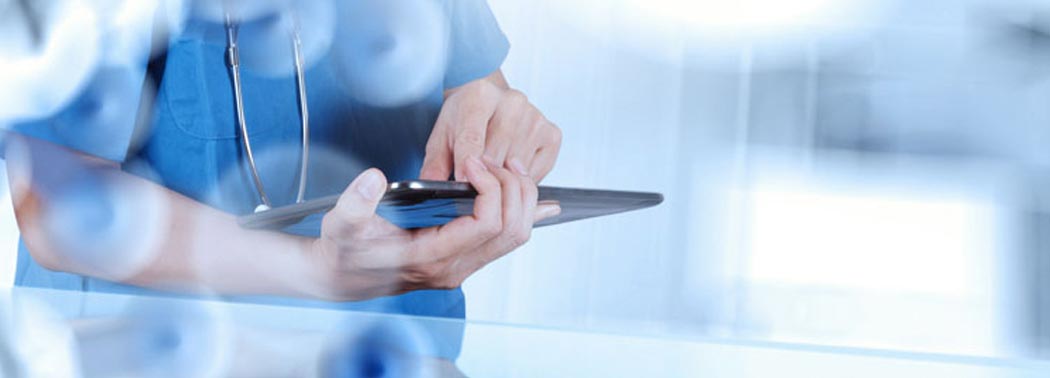Developing exceptional clinicial skills is one of the most important factors in becoming a great doctor. The pathway to becoming a doctor might seem daunting and there are certain things that an individual must accomplish. The journey begins with getting into a medical school, landing a residency, earning licensure, and ultimately beginning practice. As you know, each of those steps unfolds into smaller checklists that must be completed.
While studying medicine, students learn all facets of medicine, from theories to practical skill development. However, one of the most significant aspects is the medical school rotations or clinical rotations. Clinical rotations are an integral part of the student’s medical education, as this is when they can put their knowledge into practice and explore different medical specialties.
A medical student can typically develop good clinical skills by completing their clinical rotations during the third and fourth year of the Doctor of Medicine (MD) program. Participating actively in clinical rotations gives medical students first-hand experience working with real patients in the hospital setting. Medical schools offer students the opportunity to practice and master clinical skills under seasoned medical professionals’ guidance, which can be an invaluable experience for future doctors.
Clinical skills developed during clinical rotations vary from program to program. During rotation, medical school students typically undergo training in different areas, such as internal medicine, psychiatry, obstetrics and gynecology, pediatrics, and surgery. Clinicals often include outpatient experiences such as short visits where medical students take a patient’s history and perform a physical examination. During inpatient experience, students can care for a patient for a more extended period of time.
A medical student can develop good clinical skills by working with patients, especially during clinical rotations. During this time, students will also get clinical exposure that will allow them to build and eventually solidify the clinical skills needed to practice medicine.
While clinical rotations take place in the MD program’s later years, the first couple of years are spent building foundational knowledge and developing clinical skills. The first part of the medical school comprises the basic science course, which is a great way of getting hands-on clinical training as the students have the opportunity to visit the hospital as and when required.
Moreover, skills and knowledge developed during the initial years can be paired with clinical rotations, where students will receive hands-on training in direct patient care. Throughout the course, the focus remains on developing critical medical knowledge and clinical skills to transform a medical student into an excellent medical professional.
Clinical skills include various skills that can be used in any clinical setting. Medical schools provide the best ways to learn from experienced medical professionals and develop clinical skill. They offer medical students the opportunity to practice on standardized patients, with varying symptoms. This means that students will gain experience working with different symptoms and can study these cases and learn to diagnose and treat different problems.
Besides developing their core clinical skill, medical students must also prioritize developing other skills if they want to become well-rounded medical professionals. These can include communication skills, leadership, compassion, and cultural awareness.
An accredited Caribbean medical school’s MD program offers a valuable clinical rotation opportunity to help medical students develop their clinical skill. If you aspire to develop good clinical skills and earn a degree, start your application for an MD program now!
